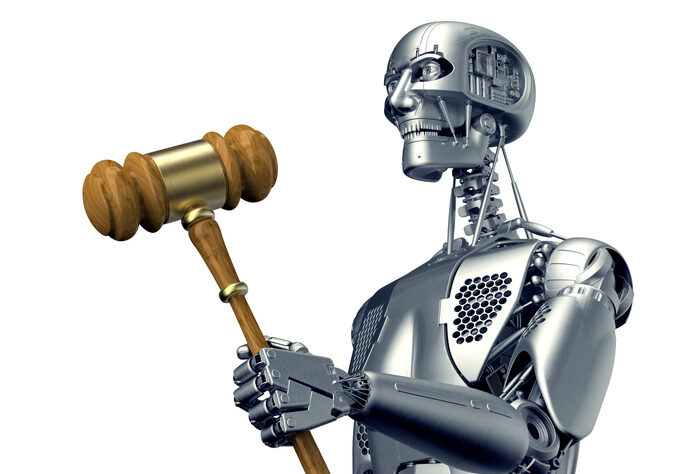In a coincidence of timing that reflects how legal professionals are wrestling with issues around generative artificial intelligence, the supreme courts of Delaware and Georgia issued orders within a day of each other last week relating to the use of AI in the courts and by legal professionals.
On Oct. 21, the Delaware Supreme Court adopted an interim policy providing guidance on the use of gen AI by judges and court personnel.
The next day, the Supreme Court of Georgia, following up on its August order forming an Ad Hoc Committee on Artificial Intelligence and the Courts, appointed the committee’s 16 members, who held their first meeting the next day.
Delaware: ‘Users Are Responsible’
The Delaware policy was developed and recommended by the Delaware Commission on Law and Technology, which the court originally established in 2013 to provide lawyers with guidance and education regarding the use of technology in law practice.
The policy allows the use of gen AI tools by “all judicial branch judicial officers, employees, law clerks, interns, externs, and volunteers.” It sets out five policies regarding use of gen AI by those employees (the following is quoted directly from the policy):
- Authorized User Remains Responsible. Any use of GenAI output is ultimately the responsibility of the Authorized User. Authorized Users are responsible to ensure the accuracy of all work product and must use caution when relying on the output of GenAI.
- Informed Use. Authorized Users should not use Approved GenAI without a working knowledge and understanding of the tools. Authorized Users should be trained in the technical capabilities and limitations of Approved GenAI prior to use.
- Decision Making. Authorized Users may not delegate their decision-making function to Approved GenAI.
- Compliance with Laws and Judicial Branch Policies. Use of GenAI must comply with all applicable laws and judicial branch policies.
- Non-Approved GenAI. Authorized Users may not input any Non-Public Information into Non-Approved GenAI. Non-Approved GenAI may not be used on State Technology Resources.
The policy also creates a category of “Approved GenAI,” which are tools that have been approved by the court system’s administrative office.
Georgia: Protecting Public Trust
In Georgia, the Supreme Court issued an order appointing the members of its Ad Hoc Committee on Artificial Intelligence and the Courts. Their charge is to assess the risks and benefits of the use of gen AI on the courts and to make recommendations “to ensure that the use of AI does not erode public trust and confidence in the judicial system.”
All but three of the 16 committee members are judges, clerks and court administrators. Of the other three, one represents the State Bar of Georgia, one represents the Public Defender Council, and one is the solicitor-general for Georgia’s Cherokee County.
The committee held its first meeting on Oct. 23.

